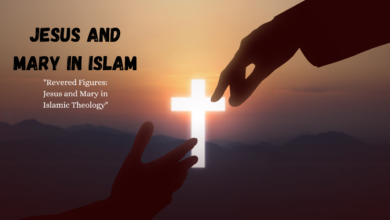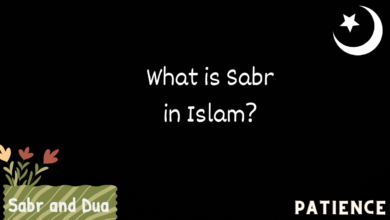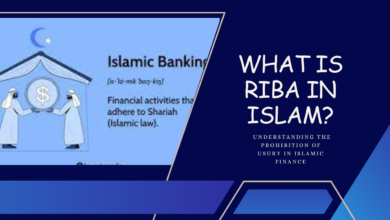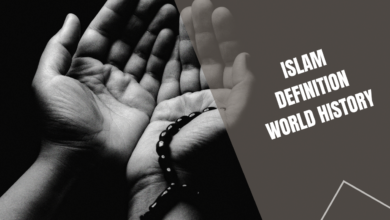The Life and Teachings of Prophet Muhammad (PBUH)
Prophet Muhammad (PBUH): A Life of Inspiration and Wisdom
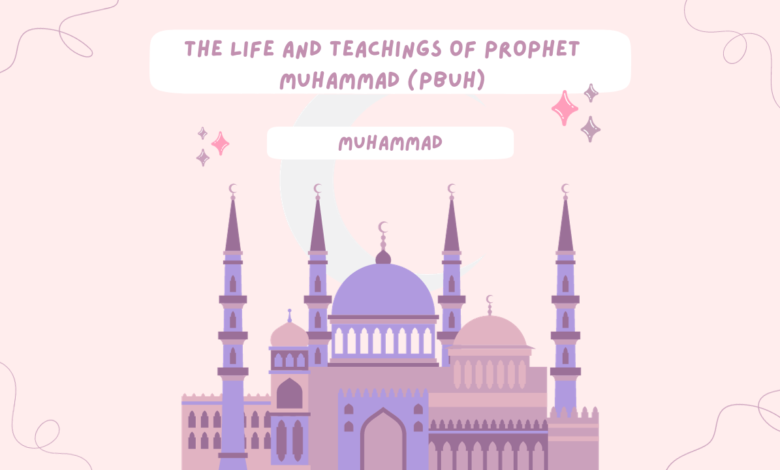
The Life and Teachings of Prophet Muhammad (PBUH)
Prophet Muhammad (PBUH) was the last prophet in Islam, believed by Muslims to be the final messenger of God. He was born in Mecca, in modern-day Saudi Arabia, in the year 570 CE.
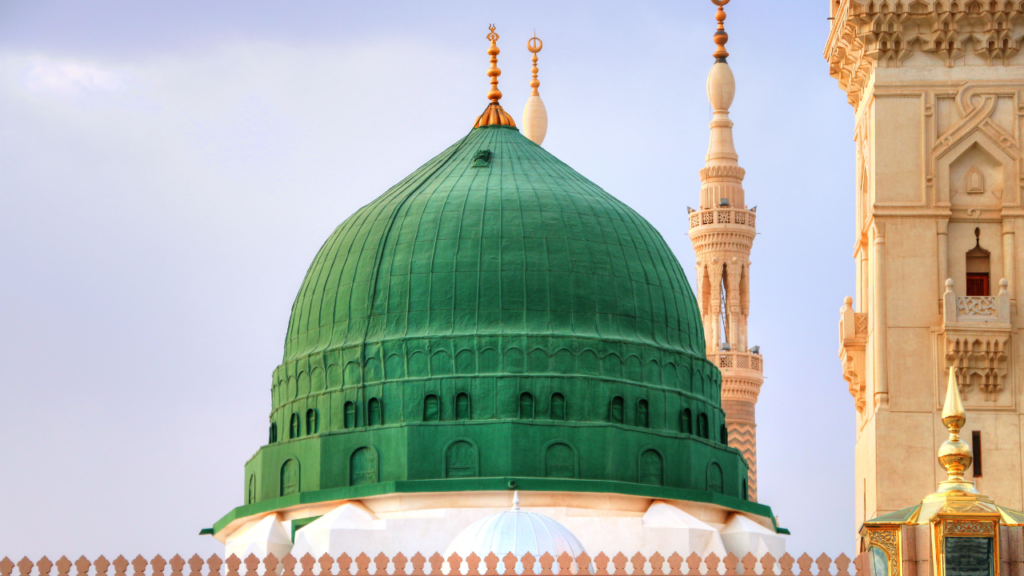
Introduction
Prophet Muhammad (peace be upon him), often referred to as the “Seal of the Prophets,” holds a special place in the hearts and minds of over 1.8 billion Muslims worldwide. His life and teachings have had a profound and lasting impact on the course of history, shaping not only the religious beliefs of countless individuals but also influencing the development of cultures and societies. In this article, we will explore the life and teachings of Prophet Muhammad (PBUH), shedding light on his remarkable journey and the timeless wisdom he imparted to humanity.
The Early Life of Prophet Muhammad
Born in Mecca, in present-day Saudi Arabia, in the year 570 CE, Prophet Muhammad came from the noble and respected tribe of Quraysh. His full name, Muhammad ibn Abd Allah, translates to “Muhammad, son of Abdullah,” reflecting his lineage. Orphaned at a young age, he was raised by his grandfather and later by his uncle, Abu Talib. Despite the hardships of his early life, Muhammad gained a reputation for his honesty, integrity, and trustworthiness, earning him the nickname “Al-Amin” or “the Trustworthy.”
The Revelation
At the age of 40, while meditating in the Cave of Hira on the outskirts of Mecca, Muhammad received his first revelation from Allah (God) through the angel Gabriel. These revelations continued over the course of 23 years and were later compiled into the Quran, the holy book of Islam. The Quran serves as the primary source of guidance for Muslims, containing teachings on faith, morality, and conduct.
Prophet Muhammad’s message was clear and straightforward: there is only one God, Allah, and He is merciful, compassionate, and just. Muhammad’s role was to convey this message to the people and guide them towards a life of righteousness, justice, and compassion.
The Role of Prophet Muhammad as a Messenger
Prophet Muhammad’s mission was multifaceted. He was not just a religious leader but also a statesman, judge, and military leader. He faced immense challenges, both from the powerful Quraysh tribe in Mecca, who opposed his message, and from the various tribes and communities in Arabia. Despite facing persecution, exile, and violence, Muhammad remained steadfast in his commitment to spreading the message of monotheism and peace.
Also Check
- The Role of Poetry in Islamic Culture
- Why is music Haram in Islam?
- Is all saints day a holy day of Obligation?
- When I think of Christmas?
- Diwali Decorations
- Why did Islam spread so quickly?
Teachings of Compassion and Mercy
One of the central teachings of Prophet Muhammad was the importance of compassion and mercy. He emphasized the need for individuals to show kindness and empathy towards one another, regardless of their social status, race, or religion. His famous saying, “The strong is not the one who overcomes the people by his strength, but the strong is the one who controls himself while in anger,” exemplifies his emphasis on self-control and peaceful resolution of conflicts.
Prophet Muhammad also stressed the importance of caring for the less fortunate in society. He encouraged acts of charity (sadaqah) and emphasized the rights of the poor and marginalized. He famously said, “He is not a believer who eats his fill while his neighbor is hungry.”
Social Justice and Equality
Prophet Muhammad’s teachings also promoted social justice and equality. He abolished many oppressive customs prevalent in pre-Islamic Arabia, such as female infanticide and usury. He advocated for the rights of women, children, and slaves, granting them protections and dignity previously unheard of in that society. His teachings laid the foundation for a more just and equitable society.
Conclusion
Prophet Muhammad (PBUH) left an indelible mark on human history through his life and teachings. His message of monotheism, compassion, and social justice continues to inspire and guide millions of people around the world. His legacy serves as a reminder of the power of faith, compassion, and the pursuit of a just and equitable society. As we reflect on his life and teachings, we can find valuable lessons that are relevant to the challenges and opportunities of our time, promoting peace, tolerance, and understanding among all people.
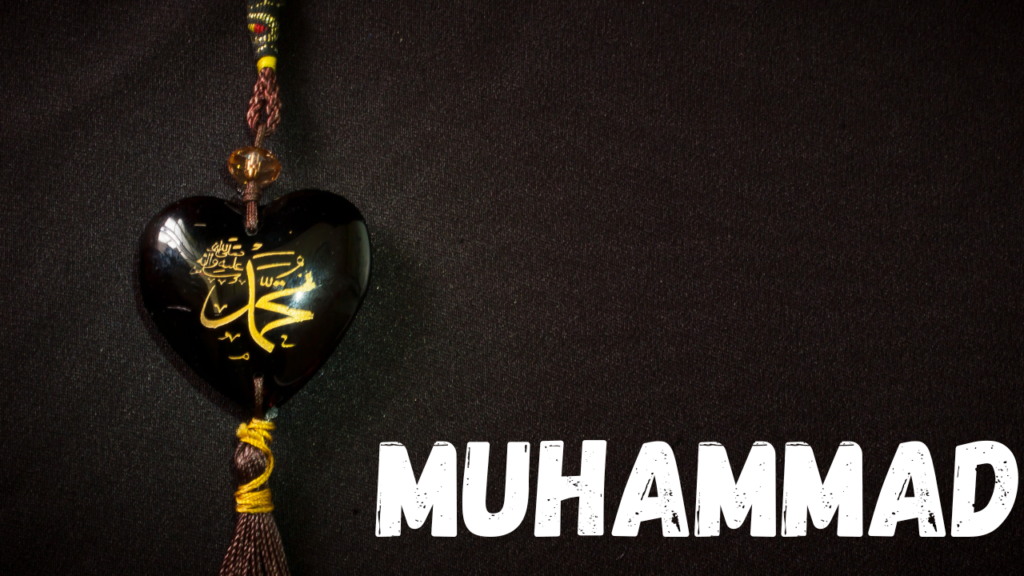
FAQs about The Life and Teachings of Prophet Muhammad (PBUH)
Who was Prophet Muhammad (PBUH)?
Prophet Muhammad (PBUH) was the last prophet in Islam, believed by Muslims to be the final messenger of God. He was born in Mecca, in modern-day Saudi Arabia, in the year 570 CE.
What does “PBUH” stand for?
“PBUH” stands for “Peace Be Upon Him.” It is a common expression used by Muslims to show respect when mentioning the name of Prophet Muhammad.
What are the primary sources of information about the life of Prophet Muhammad (PBUH)?
The primary sources for information about the life and teachings of Prophet Muhammad (PBUH) are the Quran (the holy book of Islam) and Hadith (recorded sayings, actions, and approvals of the Prophet).
What is the significance of the Quran in understanding Prophet Muhammad’s teachings?
The Quran is considered the literal word of God in Islam and is the foundational text that provides guidance on matters of faith, morality, and conduct. It is essential for understanding the teachings and principles advocated by Prophet Muhammad.
What are Hadith, and how do they contribute to our understanding of the Prophet’s life and teachings?
Hadith are the recorded sayings, actions, and approvals of Prophet Muhammad. They provide detailed insights into his life, character, and teachings, helping Muslims understand how to live according to his example.
What are some key teachings of Prophet Muhammad (PBUH)?
Prophet Muhammad’s teachings include monotheism (belief in one God, Allah), compassion, justice, humility, honesty, and the importance of community and family. He also emphasized the importance of prayer, charity (Zakat), and the pilgrimage to Mecca (Hajj).
How did Prophet Muhammad (PBUH) promote peace and tolerance?
Prophet Muhammad emphasized peaceful resolution of conflicts and promoted tolerance and coexistence with people of other faiths. He signed treaties with non-Muslim tribes and advocated for the rights of minorities in Islamic societies.
What is the significance of the Hijra in the life of Prophet Muhammad (PBUH)?
The Hijra refers to Prophet Muhammad’s migration from Mecca to Medina in 622 CE. It marks the beginning of the Islamic calendar and is significant as it allowed Muslims to establish a stronger and more organized community in Medina.
What role did Prophet Muhammad (PBUH) play in the spread of Islam?
Prophet Muhammad’s role was pivotal in spreading Islam. He conveyed the message of monotheism and the Quran’s teachings to the Arabian Peninsula and beyond, uniting various tribes and communities under the banner of Islam.
How do Muslims celebrate and honor Prophet Muhammad’s (PBUH) life and teachings today?
Muslims honor the Prophet’s life and teachings through daily prayers, following his example in personal conduct, reading and studying the Quran and Hadith, and commemorating his birth (Mawlid) with special prayers and gatherings. They also strive to emulate his character and ethics in their daily lives.
